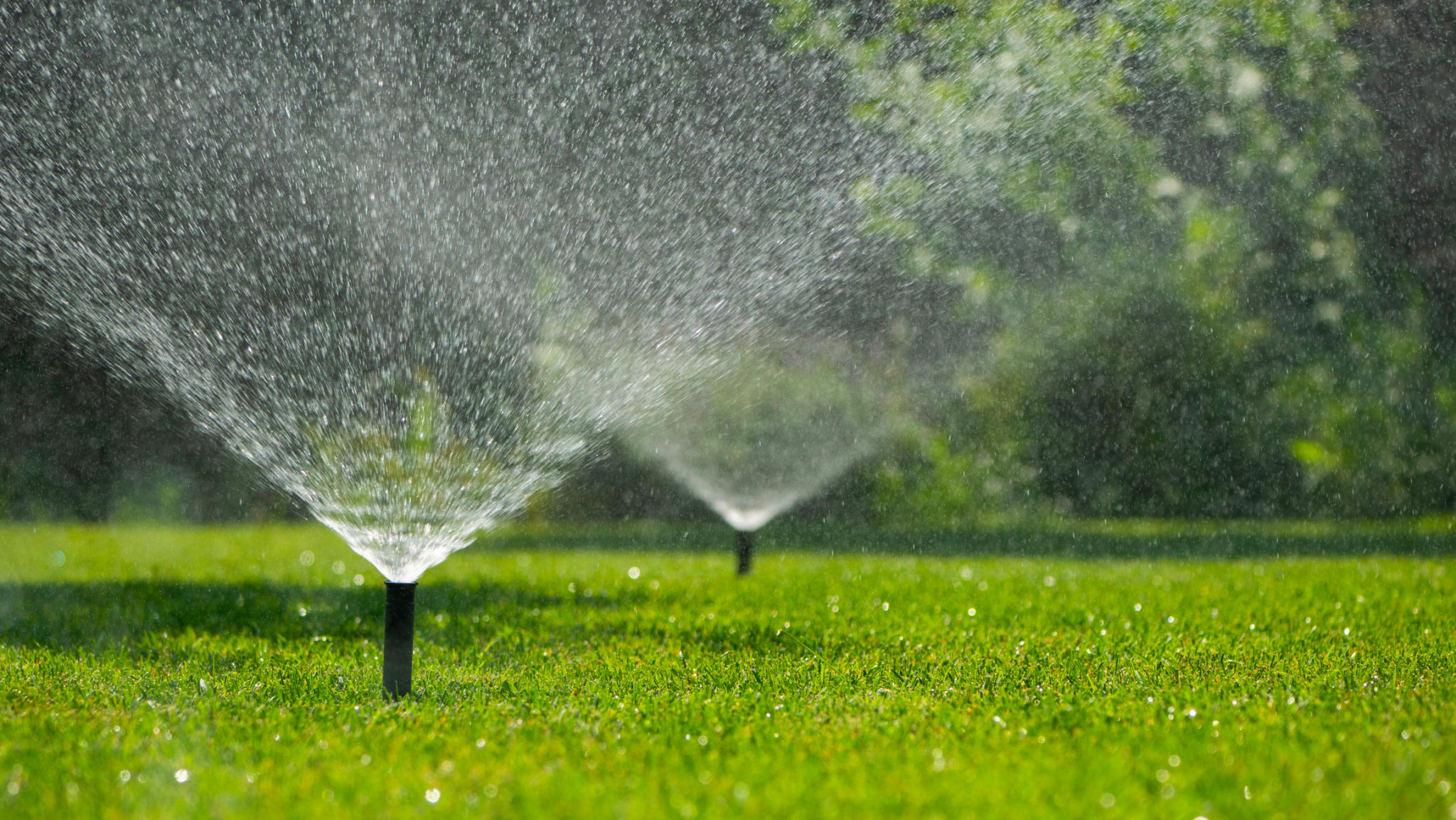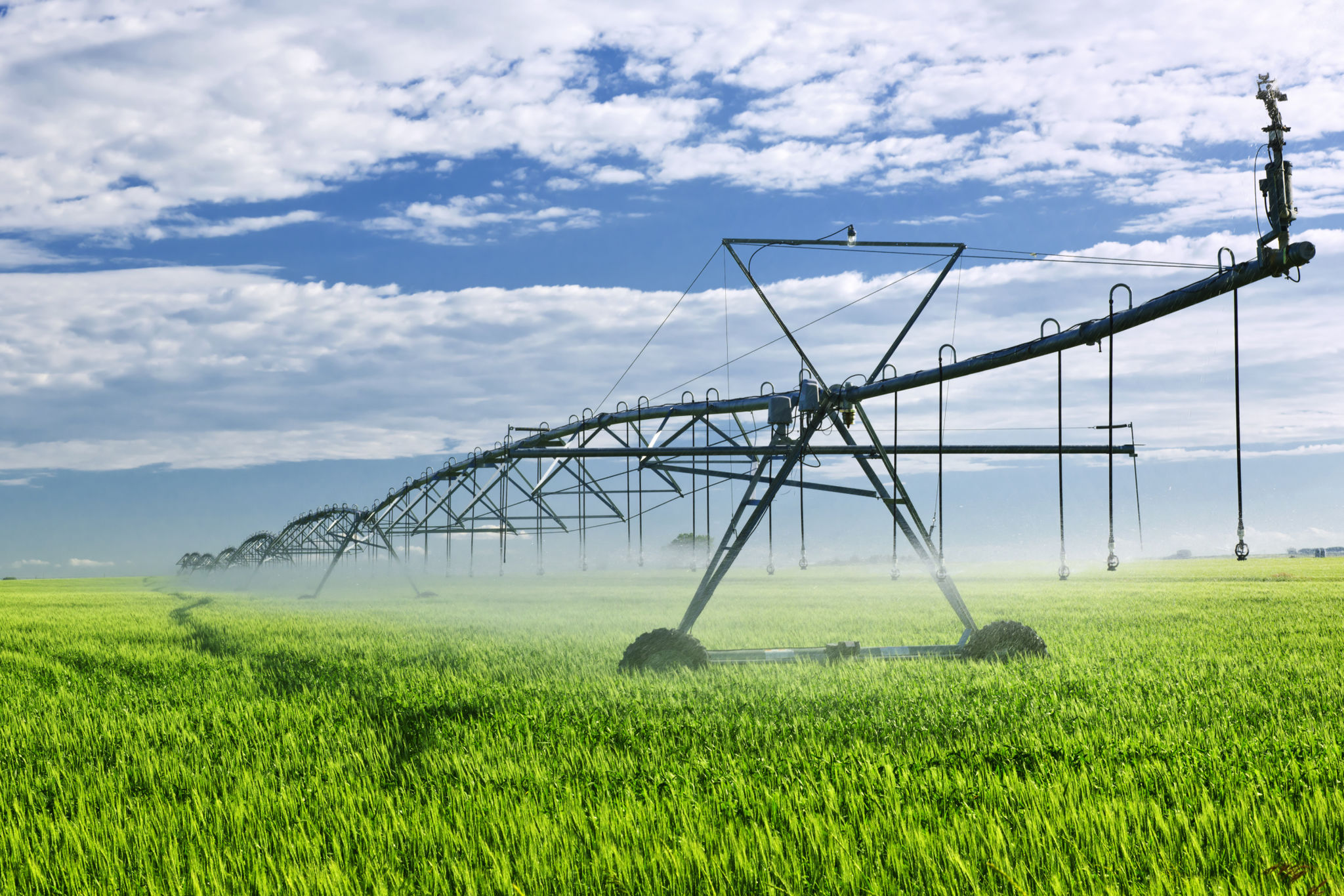Preparing for the Dry Season: Essential Irrigation Tips for Nigerian Farmers
Understanding the Importance of Irrigation
The dry season in Nigeria can pose significant challenges for farmers, impacting crop yields and overall agricultural productivity. To combat these challenges, implementing an efficient irrigation system becomes crucial. Irrigation helps to maintain soil moisture levels, ensuring that crops receive the necessary water supply to thrive even during periods of low rainfall.
As a farmer, understanding the importance of irrigation during the dry season is the first step towards safeguarding your crops. By investing in a reliable irrigation system, you not only enhance crop growth but also improve your farm's overall resilience against climate variability.

Selecting the Right Irrigation Method
Choosing the appropriate irrigation method is essential for maximizing water use efficiency. There are several irrigation methods available, each with its own advantages and disadvantages. Common options include drip irrigation, sprinkler systems, and surface irrigation.
Drip Irrigation
Drip irrigation is an efficient method that delivers water directly to the roots of plants. This technique minimizes water wastage and is ideal for small and medium-sized farms. It is particularly effective for row crops, orchards, and vineyards.
Sprinkler Systems
Sprinkler systems are versatile and can cover large areas. They mimic natural rainfall and are suitable for various types of crops. However, they may require more energy and can be less efficient in windy conditions.

Maintaining Your Irrigation System
Regular maintenance of your irrigation system is crucial to ensure its efficiency and longevity. Here are some maintenance tips to consider:
- Inspect regularly: Check for leaks, clogs, or any signs of wear and tear.
- Clean filters: Ensure that filters are clean to prevent blockages.
- Adjust settings: Modify water pressure and flow based on crop needs and weather conditions.
Water Conservation Strategies
With water being a precious resource, implementing water conservation strategies is vital. Here are some techniques to optimize water usage:
- Mulching: Apply mulch around plants to retain soil moisture and reduce evaporation.
- Scheduling: Water crops during cooler parts of the day, such as early morning or late afternoon, to minimize evaporation.
- Crop rotation: Practice crop rotation to improve soil health and reduce water demand.

Implementing Smart Technology
Advancements in technology have introduced smart irrigation systems that use sensors and weather data to optimize water usage. These systems automatically adjust watering schedules based on real-time data, ensuring that crops receive the right amount of water when needed.
Smart technology not only enhances water efficiency but also reduces labor costs and increases crop yields. Investing in such technology can be a game-changer for Nigerian farmers looking to thrive during the dry season.
Preparing for Future Challenges
As climate change continues to affect weather patterns, farmers must adapt to new challenges. Building resilience through effective irrigation systems is a proactive approach to securing agricultural productivity.
By implementing these essential irrigation tips, Nigerian farmers can better prepare for the dry season, ensuring their crops remain healthy and productive. Embracing innovation and sustainable practices will be key to overcoming future agricultural challenges.
